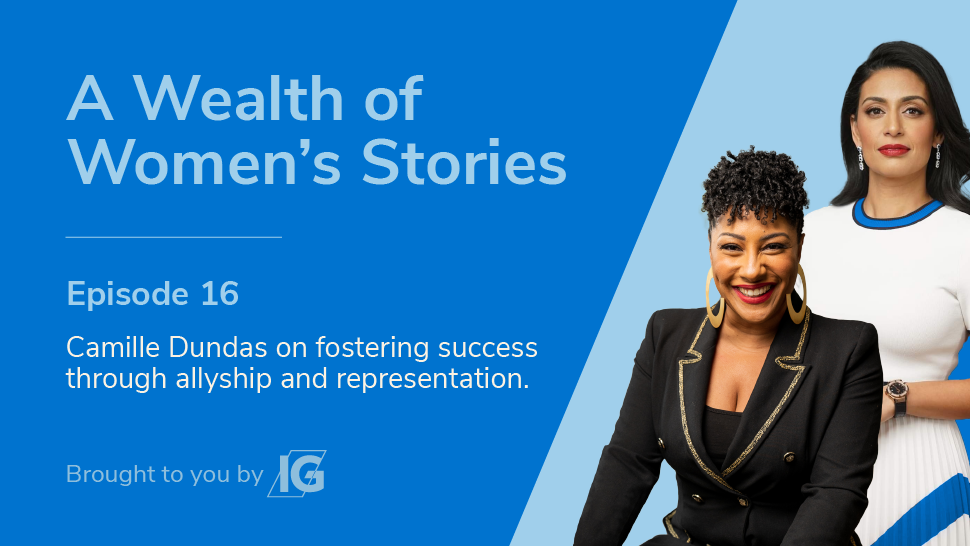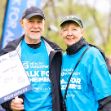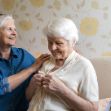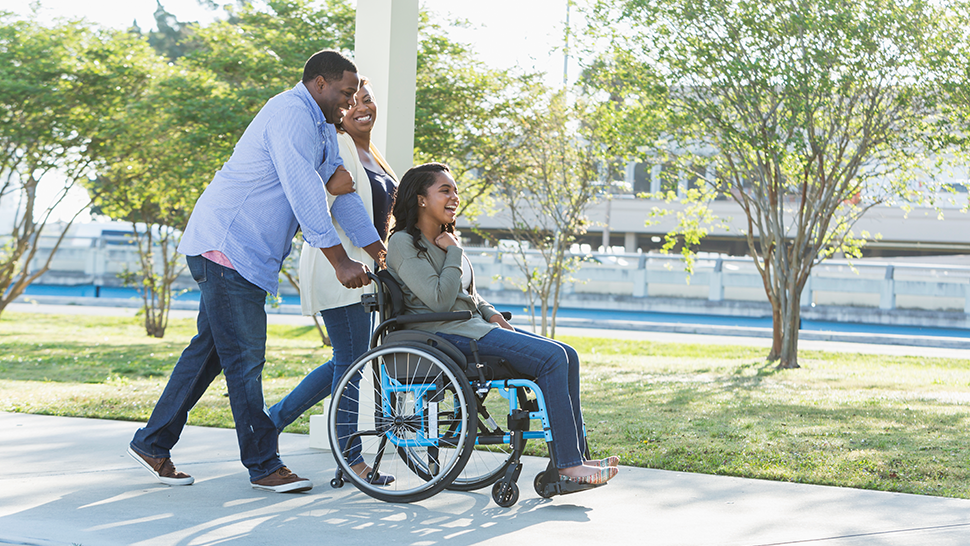“To be able to see someone succeeding in a field that you didn't think was for you makes a big difference in your choices,” says Camille Dundas.
Named among the top 100 Black Canadian Accomplished Women, Dundas is the principal educator, The IDEA Practice Inc. IDEA stands for inclusion, equity, diversity, anti-racism and allyship, and it is a group of Canadian educators and facilitators who offer an online course through Dalhousie University called Inclusive Communications.
Over the past few years, Dundas has been one of this country’s most requested racial equality consultants. She specializes in allyship and anti-racism education. She says the workshops and education sessions she delivers are anchored in historical understanding of systemic racism and how it has impacted corporate culture.
She joins host Manjit Minhas on the newest episode of A Wealth of Women’s Stories podcast, where she shared that she started her career as a TV journalist, producing news for the CBC, CTV and CP24. Dundas says those experiences made her acutely aware of injustices baked into an industry like news media.
“I didn’t start out with the courage to name these injustices,” says Dundas. “But I certainly grew into my own power, after realizing that there is nothing more important than uncovering truth and challenging the status quo.”
She says early in her career as a journalist she found out she was hired through a diversity program. That, and the microaggressions and inappropriate comments from some co-workers, made her question her abilities as a journalist.
“I started questioning, ‘Whoa, am I as good as I thought? Did I really make it here on my own merit? I know I'm the only Black student in my entire graduating class. Is that the reason that I'm here?’ And so I got very down about it and I felt defeated,” says Dundas.
She spoke with one of her co-workers, who was also the only Black lecturer she’d ever had, and told him what she had found out.
“He just literally held me by the shoulders and he was like, ‘So? You might have gotten here because of this program, this may have been your foot in the door, but that is not the reason you are here. So wipe those tears, show up and show out. Go back down to the newsroom.’,” says Dundas.
She says while it was important for her to have someone to talk about it, that wasn’t enough.
“I would like to tell you that that pep talk completely changed my life and got me going, but honestly, it didn't. It took me years to regain my confidence, years to feel that I belonged in a national television newsroom.”
Those experiences got her thinking about microaggressions, or acts of exclusion. She says microaggressions refer to subtle or overt verbal or non-verbal exchanges which are “put-downs” of systemically excluded groups of people.
“These acts of exclusion never exist in isolation,” says Dundas. “Think of it like a paper cut. One won’t kill you, but it hurts — and when you experience several cuts a day over the life of your career, then real damage occurs.”
Dundas explores these themes in her corporate sessions, and her delivery is deeply rooted in her lived experience as a Black woman in the workplace.
Dundas says when she starts to speak about the specific or unique ways in which she is discriminated against, not just because she’s a woman, but because she’s a Black woman, people get uncomfortable.
“[They say] ‘Oh, we're here to talk about gender,’ but I cannot talk about gender without talking about my race because these two things intersect for me, I cannot separate them,” says Dundas.
Dundas is also the editor-in-chief of Canada’s largest Black online magazine, ByBlacks.com. She says the magazine exists to reinforce Black success, as it makes an effort to encourage and promote Black Canadian entrepreneurs, business owners, professionals and artists. The online magazine has won three national press awards and a certificate of recognition from the Prime Minister.
“You can find Black doctors and dentists and lawyers and creative people, writers and dancers and all kinds of different people,” says Dundas. “We have an expert column, where we have a lawyer who talks about legal issues, gives legal guidance on different issues. We have an accountant, a financial person, a fitness person, parenting, all of these different things, because having a front row seat in mainstream media allowed me to see the ways that we are portrayed in mainstream media, and there's a lot of exceptionalism happening.”
She says even seeing someone else’s success shows more people what’s possible.
“We know so many cool people opening businesses, running a charity, or opportunities for young people, giving back to their communities, doing all these cool things, and we don't see them on TV. Why?” she asks.
Dundas says there is no advice for minoritized people that will help eliminate racial inequity.
“Because we did not set up these barriers for ourselves, all we can do is survive these barriers and keep trying to jump over them, and I’m tired of giving survival advice, I won’t be doing that anymore,” says Dundas. “Because every BIPOC [Black, Indigenous, and people of colour] employee has their own way of surviving, trust me, we don’t need any more advice on that. We don’t need advice, we need action.”
You can listen to the full episode here or on your favourite podcast streaming app.
Learn more at ig.ca/women.








